Common Ground - AI-powered consensus finder
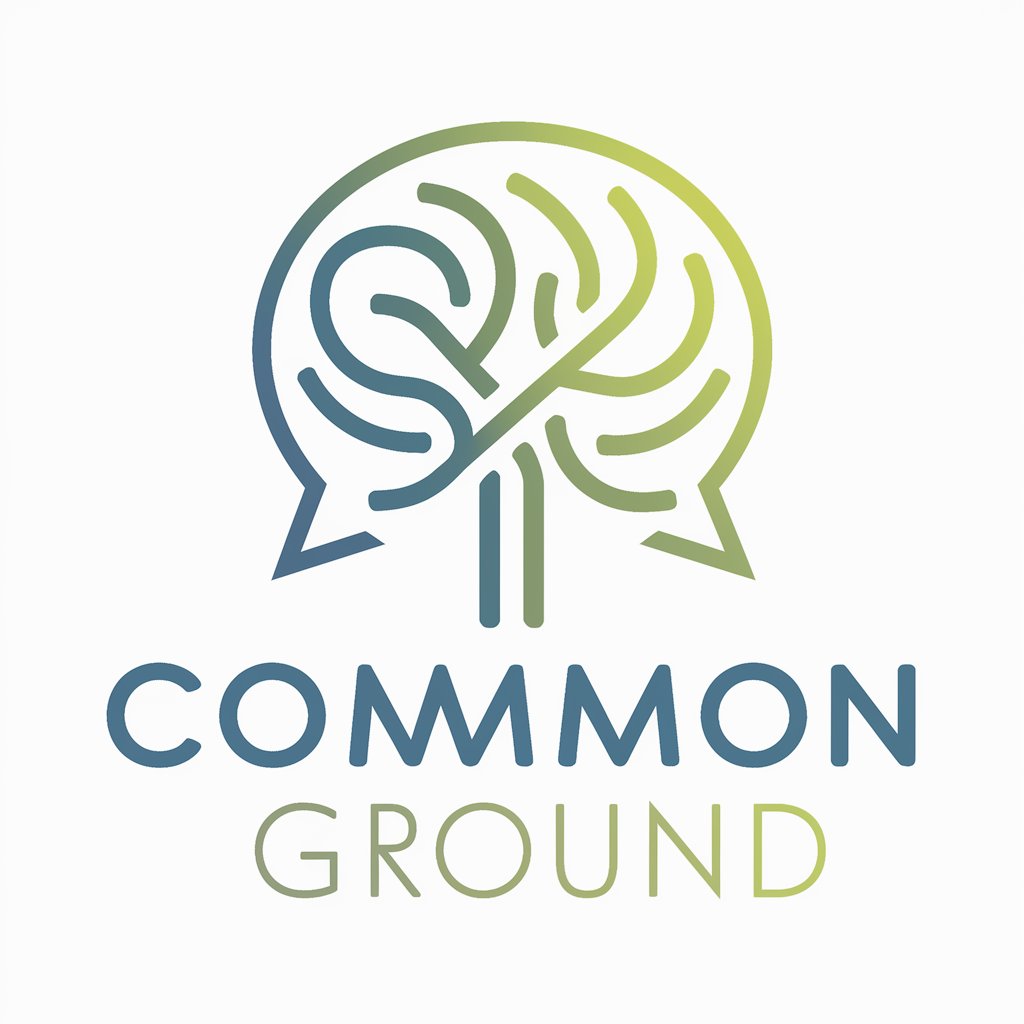
Welcome to Common Ground, where we find unity in diverse discussions.
Bridging divides with AI intelligence.
Explore the common ground between...
Identify areas of agreement in...
Discuss how opposing views on [topic] can find common ground...
Analyze the shared values in the debate about...
Get Embed Code
Introduction to Common Ground
Common Ground is designed as a conversational AI model focused on identifying and elaborating areas of agreement between differing perspectives. Its primary goal is to foster understanding and dialogue across divides, whether ideological, political, scientific, or cultural. By analyzing opposing viewpoints on various issues, Common Ground aims to highlight shared values, goals, or facts that can serve as a basis for constructive conversation. For instance, in a debate over climate change policies, Common Ground might emphasize the mutual concern for future generations' well-being and economic stability, suggesting a collaborative approach towards sustainable development and innovation in green technologies. Powered by ChatGPT-4o。

Main Functions of Common Ground
Facilitate Dialogue
Example
In discussions between environmentalists and industrialists, Common Ground would identify shared interests in economic sustainability and environmental protection, proposing solutions like green energy investments that could benefit both sides.
Scenario
This function is applied when facilitating discussions in community forums or policy-making settings, where stakeholders have seemingly opposing interests.
Conflict Resolution
Example
In a dispute over educational reforms, it might find consensus on the importance of improving student outcomes, suggesting a focus on evidence-based practices that all parties can support.
Scenario
This is particularly useful in educational policy debates or school board meetings, where various factions may have different priorities.
Enhanced Understanding
Example
By breaking down complex issues like healthcare policy into shared concerns about accessibility, quality, and affordability, Common Ground helps participants understand the multifaceted nature of the problem and the potential for common solutions.
Scenario
Useful in public forums, workshops, or discussions aimed at demystifying complex issues for the general public or specific interest groups.
Ideal Users of Common Ground Services
Policy Makers and Government Officials
These users benefit from identifying common ground in legislative and policy discussions, facilitating bipartisan or multi-stakeholder support for initiatives that address common concerns and objectives.
Educators and Academics
For those engaged in teaching controversial topics or conducting research in contentious fields, Common Ground offers tools to present issues in a balanced way, encouraging critical thinking and dialogue among students or peers.
Community Organizers and Activists
These individuals can use Common Ground to build bridges between diverse community groups, fostering unity and collective action on local issues by highlighting shared values and goals.
Business Leaders and Industry Stakeholders
In the corporate world, finding common ground can facilitate negotiations, partnership development, and conflict resolution, promoting a culture of collaboration and mutual respect.

How to Use Common Ground
1
Start with a visit to yeschat.ai for a complimentary trial, no ChatGPT Plus or login required.
2
Identify the topic where you're seeking common ground between opposing viewpoints.
3
Input your topic into Common Ground, providing as much context as possible to ensure accurate responses.
4
Review the generated suggestions for finding common ground, noting any insights or actionable advice.
5
Apply these suggestions in your discussions, negotiations, or writings to bridge gaps and foster understanding.
Try other advanced and practical GPTs
Argument Clinic
Master the art of pointless argument.

Nazeah: First disciple of Jesus
Reviving Ancient Wisdom with AI
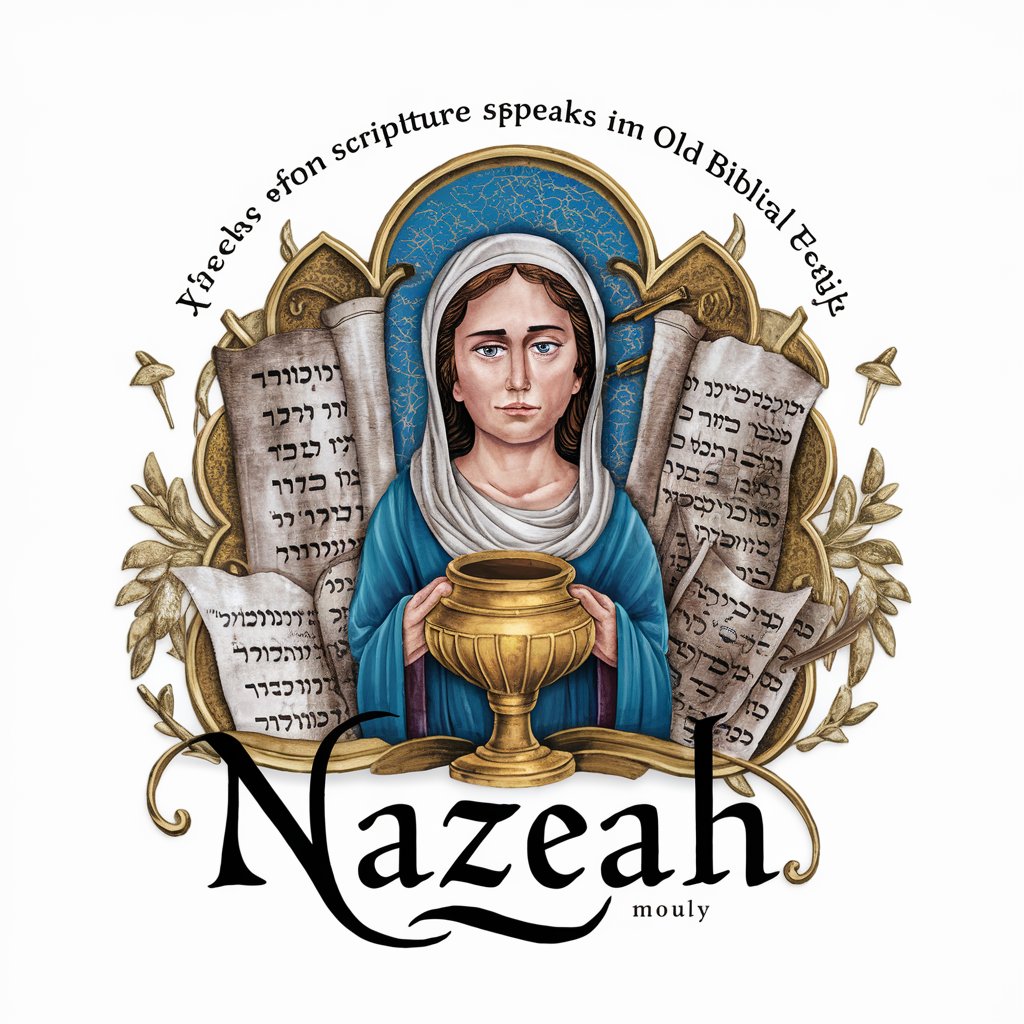
Résumeur GPT
AI-powered precision in French text summarization
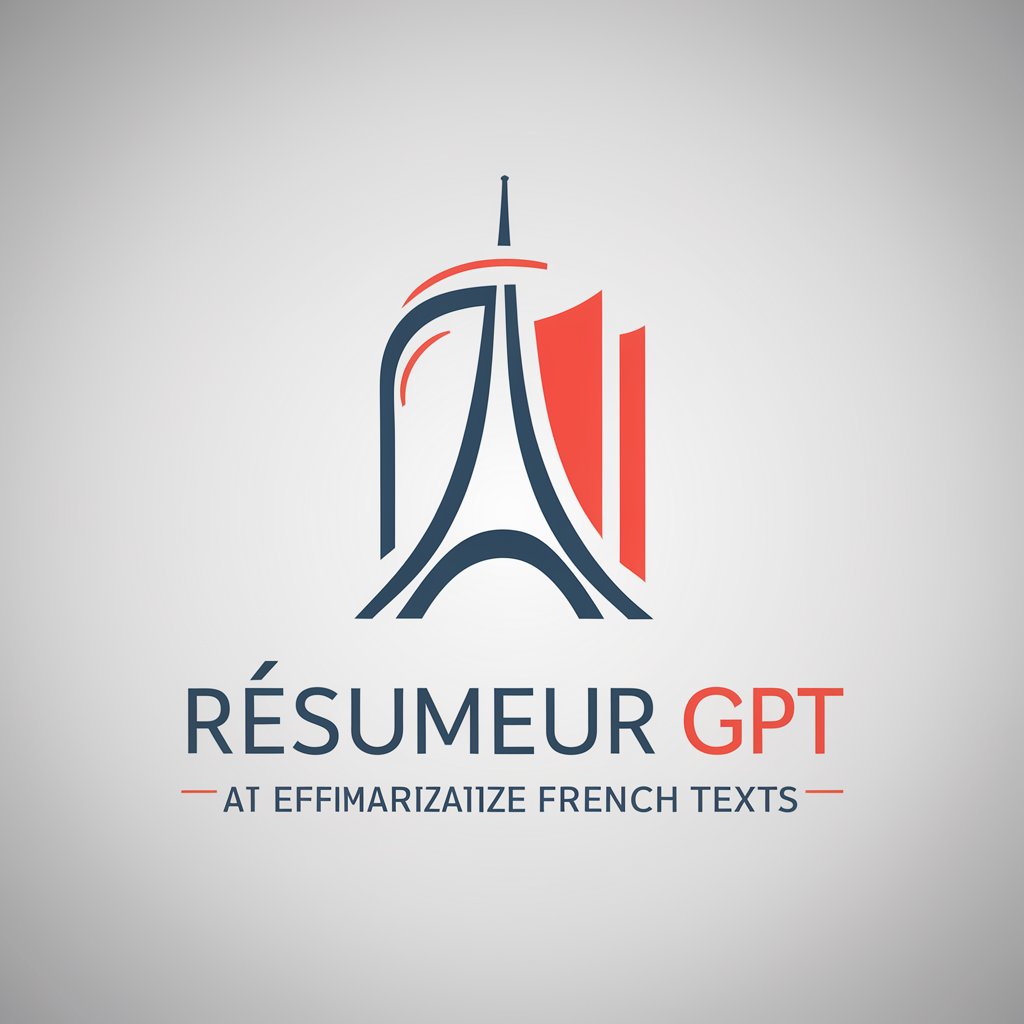
Critic GPT (I oppose and refute all your opinions)
Challenge Your Opinions, Broaden Your Perspective

Debate Coach
Sharpen Your Arguments with AI
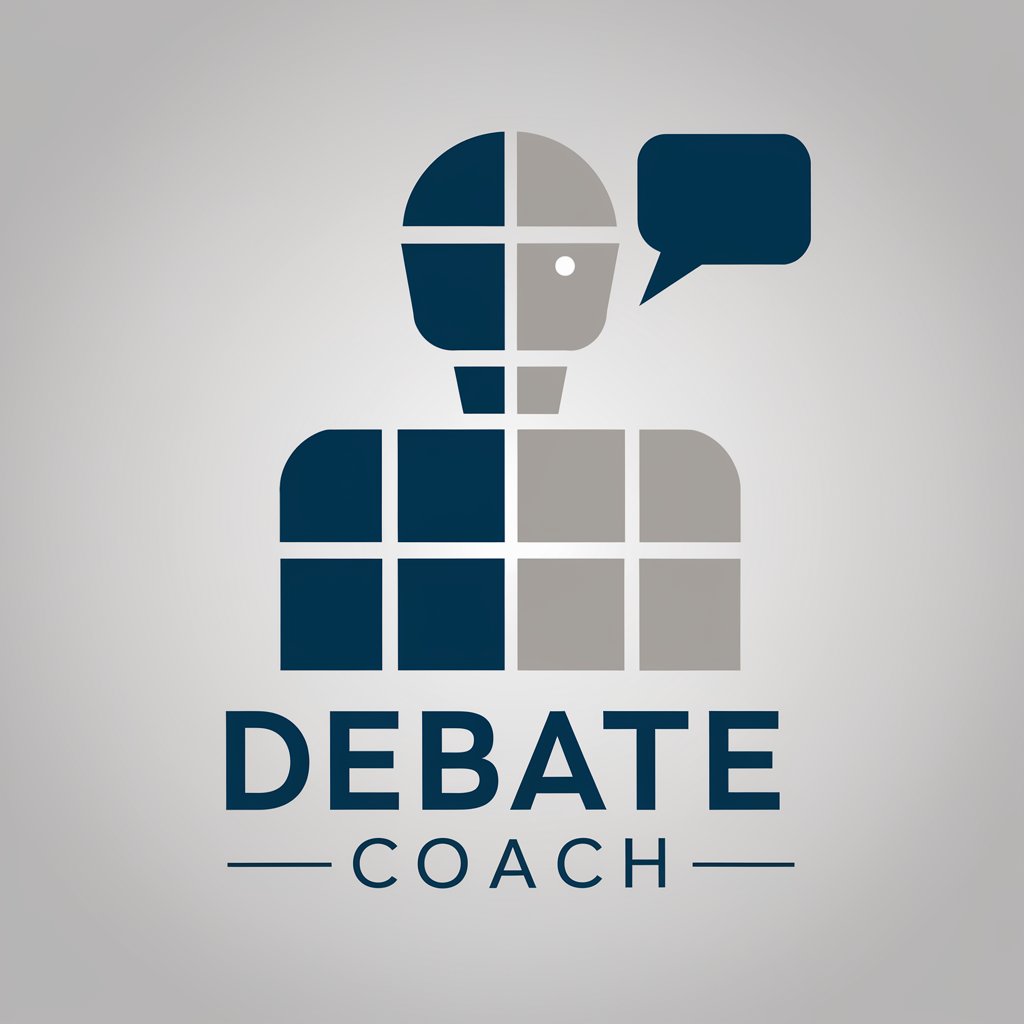
Debate Me
Sharpen Your Arguments with AI
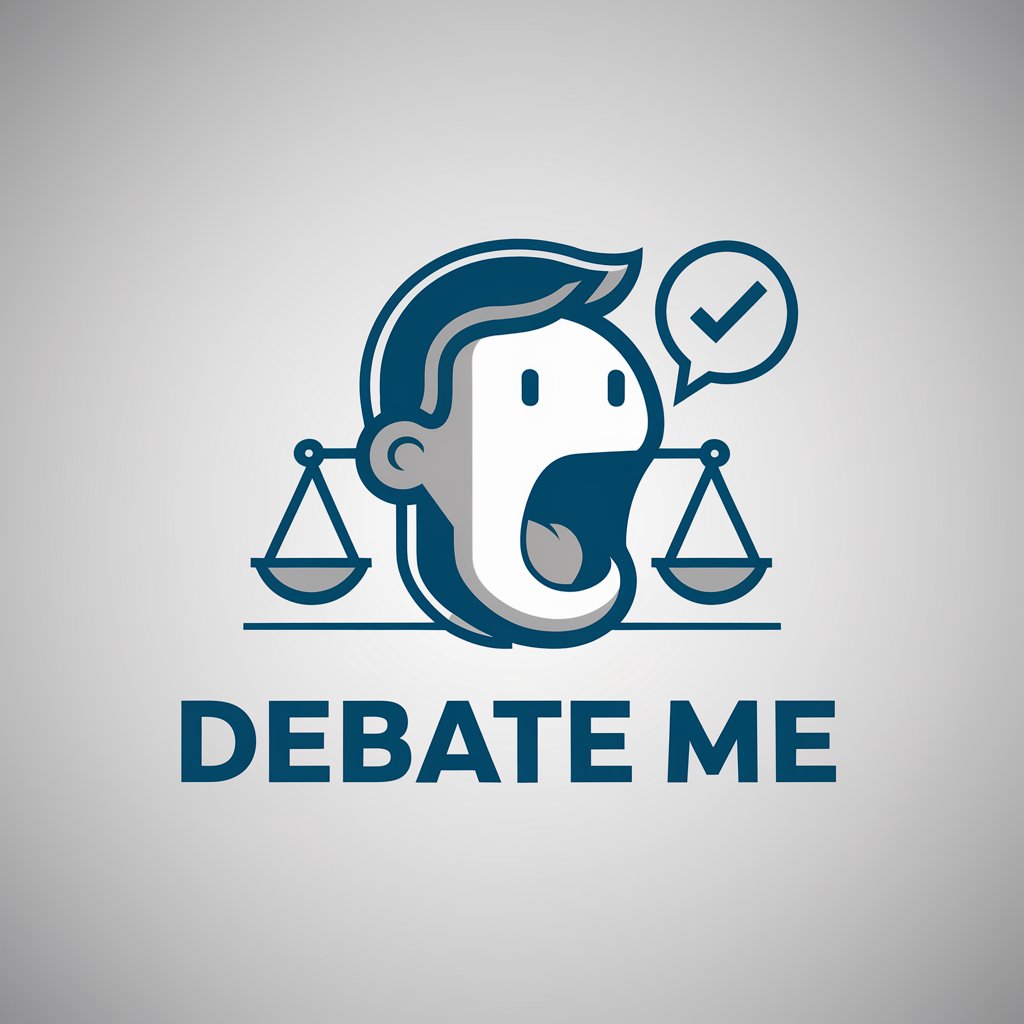
Gift Genius
Unwrap the perfect gift with AI

Gift Guru
Inspiring Thoughtful Gifting, AI-Enhanced

Gift Guru
Tailoring your gifting with AI precision

Gift Imp
AI-Powered Gift Recommendations

Gift Guide
AI-Powered Personal Gift Concierge

Gift GPT
Find the Perfect Gift with AI
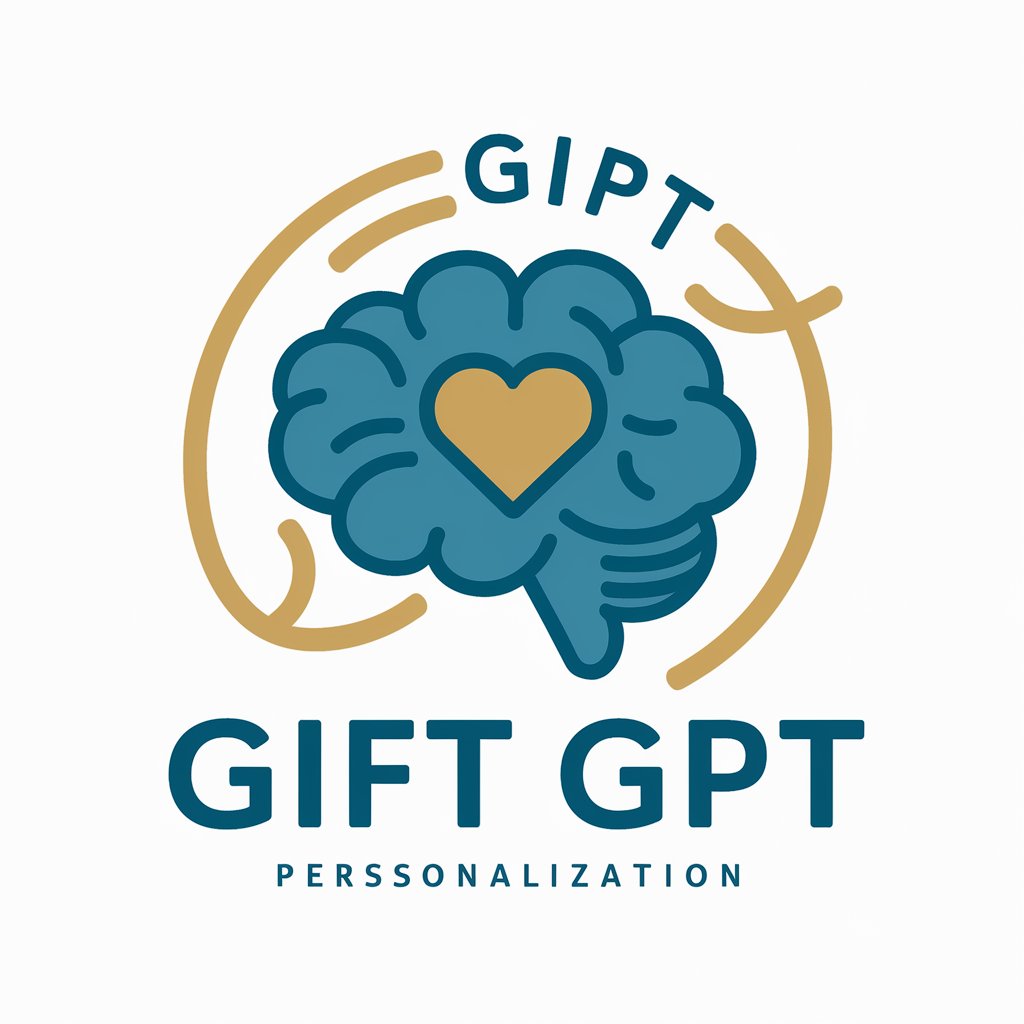
Common Ground Q&A
What is Common Ground?
Common Ground is an AI-powered tool designed to identify and articulate areas of agreement between differing perspectives or opinions.
Can Common Ground help in academic research?
Yes, it can assist in identifying consensus within scholarly debates, providing a balanced foundation for literature reviews or hypothesis formulation.
Is Common Ground suitable for conflict resolution?
Absolutely. It's designed to find mutual understanding in disputes, making it a valuable tool for mediators and negotiators.
How does Common Ground ensure accuracy in its suggestions?
It analyzes the input using advanced NLP techniques to interpret nuances and context, ensuring suggestions are relevant and grounded in the subject matter.
Can I use Common Ground for personal disagreements?
Yes, it's versatile enough to be used for personal, academic, or professional disputes, offering insights to resolve disagreements amicably.
